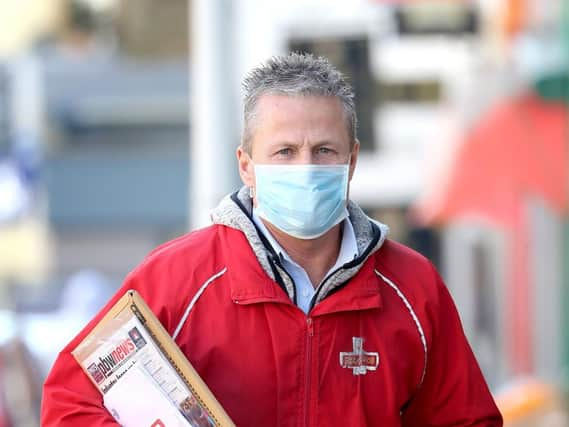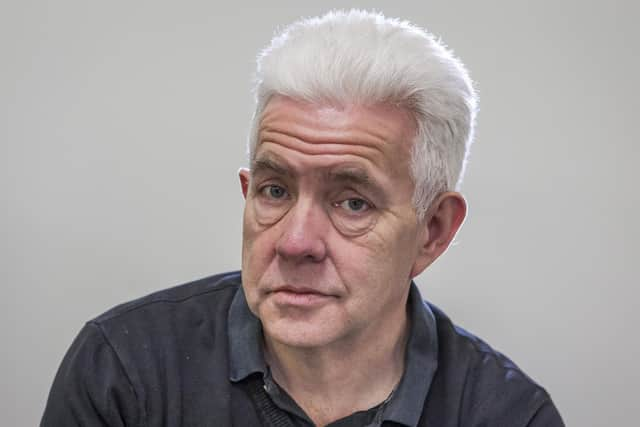How creative writing will tell story of these unsettling times for years to come - Ian McMillan


As I pressed “send”, I realised that future PhD students might use my tweet as evidence to prove that, in the face of everything the world hurls at us, the human response is to make art. I know you could argue that a tweet isn’t art, but I often try to make mine into artistic things, even though I very rarely succeed.
The tweet about the virus was also an example of that other human instinct, to make a joke out of something really serious, and you can see why we do it: we’re anxious and worried but we want to lighten the situation so that somewhere the end of the tunnel is illuminated.
Advertisement
Hide AdAdvertisement
Hide AdSo as I write this column we’re at the start of a national and international crisis that could last for months and the writing part of me is really interested to see what kind of writing will come out of this when we eventually emerge blinking and relieved into whatever New Normal awaits us.


Further down the line, though, I wonder who will write the great coronavirus novel, or play, or collection of poems? I’m one of those readers who always looks to literature to bring me news and reactions to the news.
As Ezra Pound once said, “poetry is news that stays news” and I reckon that poetry and drama and fiction are marvellous ways of reminding us how we felt at a certain time in history and what our reactions were to the events that were swirling around us.
I understand the world of the past through creative writing; Hilary Mantel can bring Thomas Cromwell to life in her Wolf Hall trilogy in the same way that Barry Hines can animate my own town and the way it lives and breathes and talks in A Kestrel For a Knave.
Advertisement
Hide AdAdvertisement
Hide AdDickens brings me news of 19th century London and Shakespeare tells me how people were thinking and acting and, yes, reacting to history in the 16th century.
So my advice to any writers (or anybody, come to that) reading this is: keep a notebook. Write down your feelings. Take note of things you see and sentences and exchanges you overhear.
This will be the raw material for the art that will explain to future generations just what happened in that strange and unsettling spring and summer of 2020 when what seemed like science fiction became science fact, and washing your hands became the life-saver we always knew it was but daren’t say.
